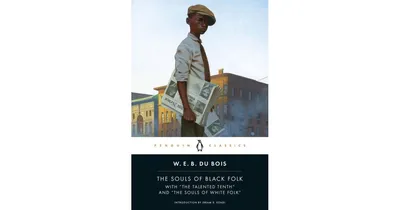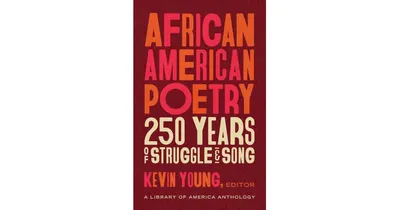Home
A Spirit of Dialogue: Incarnations of Ogbanje the Born-to-Die, in African American Literature



A Spirit of Dialogue: Incarnations of Ogbanje the Born-to-Die, in African American Literature
Current price: $48.00
Loading Inventory...
Size: OS
A groundbreaking study,
examines through extensive, interdisciplinary research, theory, and close reading the intricate reconstructions, extensions, and resonances of the West African myth of spirit children, the “Born-to-Die,” in contemporary African American neo-slave narratives. Arguing that the myth, called “Ogbañje” in Igbo language and “àbíkú” in Yoruba, has had over thirty years of uncharted presence in African American literature, Okonkwo advances a compelling case absent in extant scholarship. He traces Ogbañje/the Born-to-Die's appearance in African American texts to a convergence of factors. They include but are not limited to: the impact of Chinua Achebe's
the 1960s emergence of the contemporary neo-slave narrative; the 1960s and 1970s black consciousness/Black Power movement and the cultural agenda, gendered politics, and centripetal philosophy of the Black Arts movement's nationalist aesthetic; African American identity questions of the post-civil rights and the multicultural eras; and the thematic shifts, as well as the African diaspora orientation of African American fiction of the post-nationalist aesthetic period.
focuses on the sometimes neglected and understudied works of four canonical African American writers: Octavia E. Butler's
and
, Tananarive Due's
, John Edgar Wideman's
, and Toni Morrison's
. Okonkwo demonstrates persuasively how the mythic spirit child informs the content and form of these novels, offering Butler, Due, Wideman, and Morrison a non-occidental “code” by which to engage collectively with the various issues integral to the history experience of African-descended people. The paradigm functions, then, as the nexus of a life-affirmative dialogue among the six novels, as well as between them and other works of African religious and literary imagination, particularly T
and Ben Okri's


















